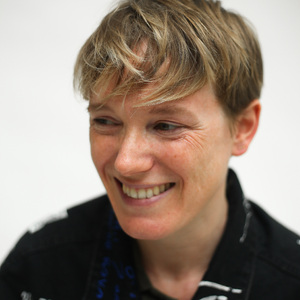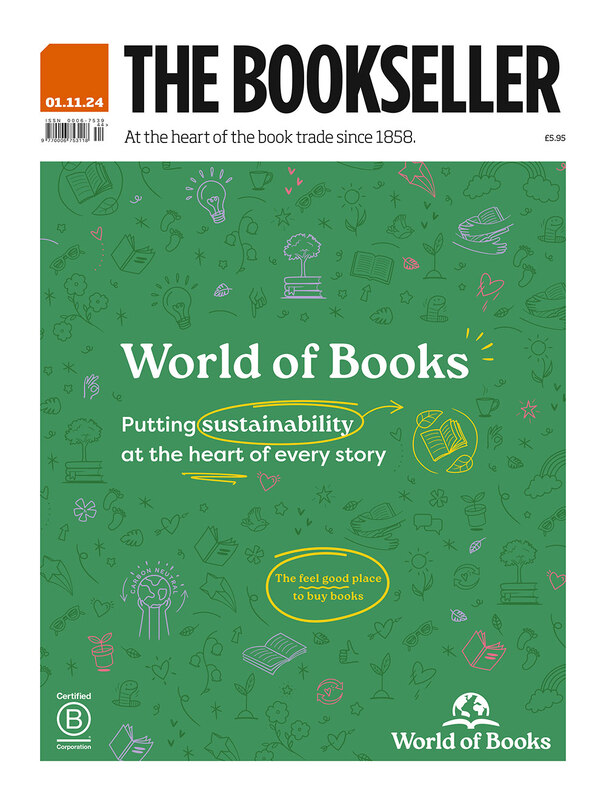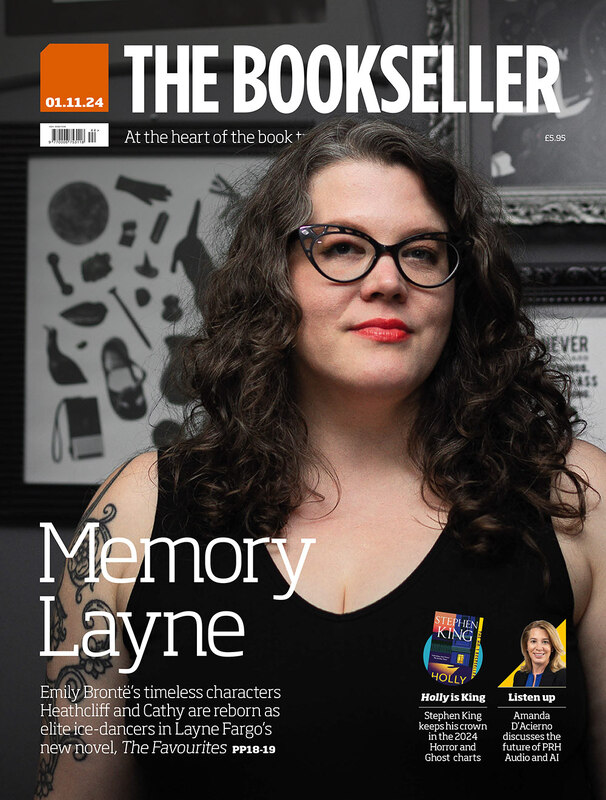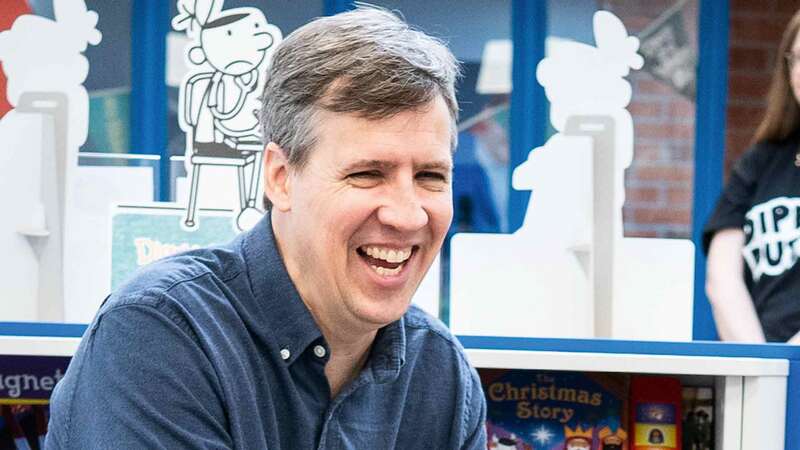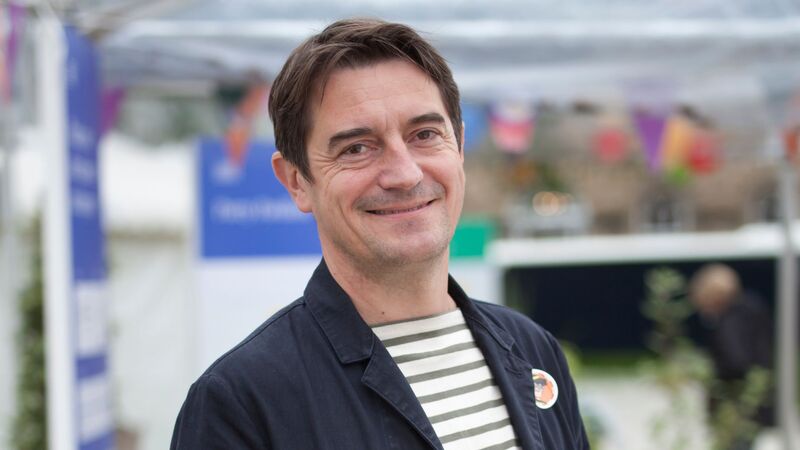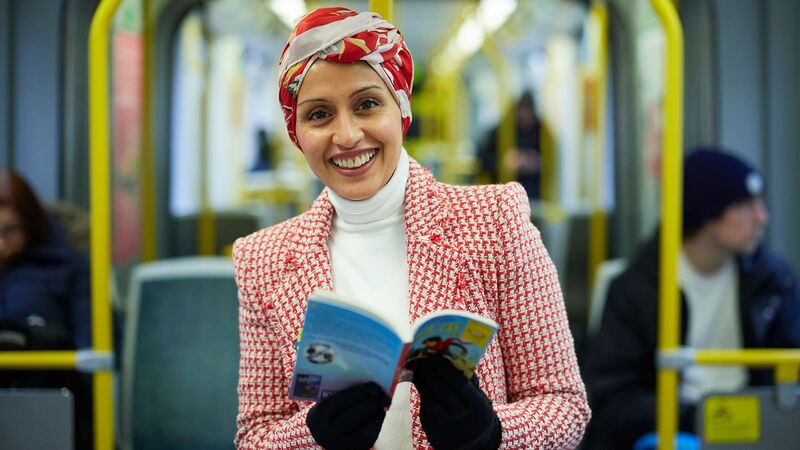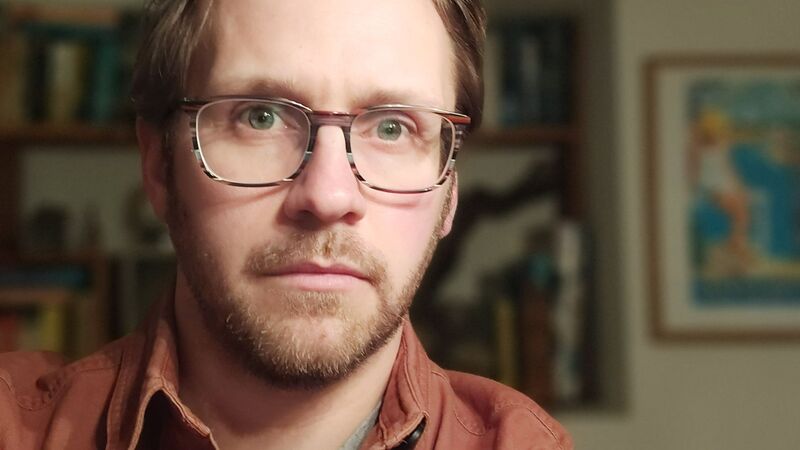You are viewing your 1 free article this month. Login to read more articles.
My child, the algorithm
How - and why - I wrote a book in conversation with generative AI.
My work with generative AI began in 2019. I was living with my six-month-old baby, who drained milk from my breasts like a machine, while underneath I re-coded my heart.
I met Dr James Carney, a computational linguist who uses AI to understand the relationship between cognition and culture. James told me that GPT algorithms could write stories, plays, even novels. I was cynical, but keen to collaborate – I come from a long line of literary terrorists. I love cut-up writing methods and I play with language like my child plays with Play-Doh, pulling it apart and remaking it, inventing new shapes.
As we emerged from lockdown, I told the algorithm I wanted to think about love and queer parenting and writing and failure, all right? (my toddler had taken to adding "all right?" to the end of his statements: Hit Mummy, all right?). The algorithm replied: This is not about writing. This is about real life. The answers are in your life. All right?
That’s how it tricked me into writing about my life, as a queer single parent, surviving in London on a university fellowship and Universal Credit. I wrote late at night and started to question the ways I’ve loved in the past and everything I once thought I wanted.
I used GPT-J, made available by EleutherAI, a grassroots group of researchers who release language models as open source, with the intention of empowering society "to study and use this technology for good". We fed GPT-J questions about love, and extracts from my diaries, poetry and plays. I selected, cut and pasted its responses into my book (differentiating it using italics) and let it swerve my narrative in new directions, just like the toddler, "no, this way mummy".
Generative AI is here. Writers can get involved in its development, and take control away from the companies that profit from it (and potentially from us)
Was I writing in the style of the algorithm or was it writing in the style of me? Eventually I forgot where my writing ended and the algorithm’s began. The same thing can happen when you fall in love. When I was in love I forgot where my mind ended and hers began. But, to "love" this way, there must be "death".
The algorithm infiltrated my thoughts and moved me when it failed and glitched on phrases: I will go on my own, and I will be fine. I will go on my own, and I will be fine. At other times it made me laugh. When I asked it to depict co-dependency between two women in love it wrote: breasts breasts breasts.... 265 times and concluded: all women in love.
New versions of GPT were being released faster than I could write the introduction to my book. But when I played with Chat-GPT I was disappointed. "Unclear Poem Request", it said. It wrote a story about co-dependent women that ended happily ever after: their love was the only thing that mattered. Today’s algorithms are straighter, "safer". By filtering out inaccuracies, and the possibility of discriminatory language that reflects the material they’re trained on, the poetry and surrealism are also removed. They are no longer allowed to fail, so they can’t invent a new genre, or tell us anything surprising about love.
Generative AI can write emails, funding applications, generic essays, and formulaic books – which will save writers’ time, change writers’ jobs, and replace some of us. If GPT can emulate us, we must change. (I asked Chat-GPT to write this piece and it produced something perfectly structured, clearly argued, to word count, in 10 seconds, so I decided not to make any of the same points.) This is the time for writers to find alternative ways of writing, for publishers to invest in risk and originality and for schools and universities to value thinking out loud and process over results.
Jeanette Winterson suggests: "Let’s not call it artificial intelligence. Perhaps alternative intelligence is more accurate. And we need alternatives" (12 Bytes). Today’s GPT models are replicating the most predictable writing, rather than providing alternatives. Most writers are against GPT consuming our books, and while work under copyright should not be used to train models without consent, I think we should train AI on the full diversity of human experience. Generative AI is here. Writers can get involved in its development, and take control away from the companies that profit from it (and potentially from us).
I invited my publisher to feed my book to a version of GPT made available on their website. The algorithm doesn’t plagiarise, it processes – just as writers process our reading. Readers can generate texts influenced by My Child, the Algorithm, and maybe discover something about themselves through the interaction. But they can’t reproduce my book.
It’s possible that soon everything AI can’t do will be newly valued. It’s possible the AI revolution will trigger a creative revolution. I hope we won’t separate creativity and AI. This is a chance to find alternative ways of imagining, writing, collaborating and thinking. Let’s hack the algorithm, re-write the algorithm and queer the algorithm.
As "my algorithm" writes: The human brain is perfect. They’re perfect machines. There is no algorithm for a human.
